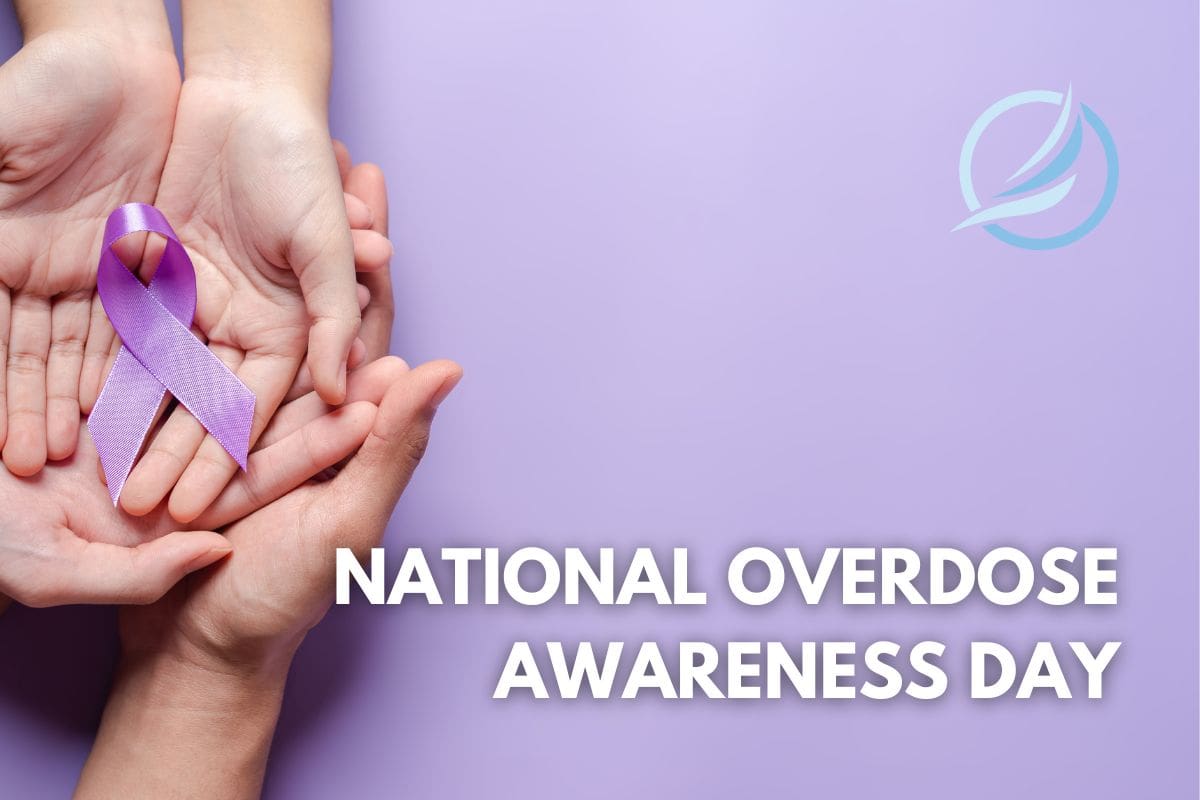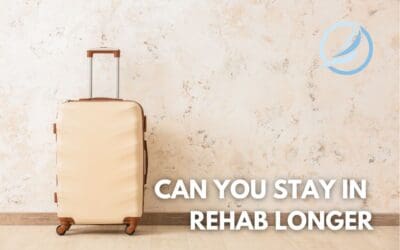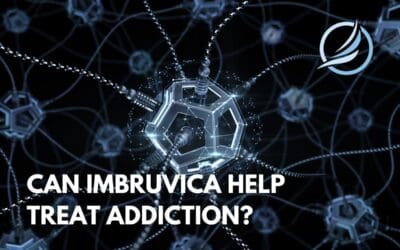International Overdose Awareness Day (IOAD) is a day dedicated to remembering those we’ve lost to overdose, supporting those left behind, and raising awareness to prevent future tragedies.
On August 31st, people from all walks of life come together to shine a light on this often-overlooked issue. It’s a day to honor the memories of those who have passed and to remind us all that overdose deaths are preventable. Let’s explore this day more and how you can join the initiative.
The History and Significance of International Overdose Awareness Day
International Overdose Awareness Day was established in 2001 by Sally J. Finn at The Salvation Army in St. Kilda, Melbourne. Over the years, it has grown into a global event, observed in numerous countries worldwide. The day was created to bring attention to the increasing number of overdose deaths and to support the loved ones of those affected.
The significance of IOAD lies in its dual purpose: to remember those lost to overdose and to spread the message that overdoses are preventable. By raising awareness, we can break the stigma surrounding drug-related deaths and encourage more people to seek help. It’s a powerful reminder that every life lost to overdose matters and that together, we can make a difference.
Understanding the Impact of Overdose
According to the World Health Organization, approximately 500,000 deaths are attributable to drug use each year, with the majority being due to overdose.
But behind these statistics are real people—mothers, fathers, sons, daughters, friends. Each number represents a life cut short and a family left grieving. Raising awareness about these facts is crucial. By understanding the scope of the problem, we can better advocate for resources, support systems, and policies that aim to reduce overdose deaths.
Individual Impact:
For those who survive an overdose, the experience can lead to long-term health complications. Overdoses can cause brain damage due to lack of oxygen, leading to memory problems, motor skill issues, and, in severe cases, permanent disability. The psychological toll is also significant, with many survivors experiencing anxiety, depression, and post-traumatic stress disorder (PTSD).
Family and Friends:
The emotional impact on families and friends is profound. The loss of a loved one to overdose brings immense grief, guilt, and sometimes anger. Families often struggle with the stigma associated with drug use, feeling isolated and unsupported. The ripple effect of one overdose death can be felt by many, creating a web of sorrow and pain that can span generations.
Community and Society:
Communities bear a significant burden as well. Overdoses strain local healthcare systems, with emergency services frequently responding to overdose calls. Hospitals and rehabilitation centers often operate at capacity, trying to manage the influx of individuals needing immediate and long-term care. The economic impact is also considerable, with lost productivity, increased healthcare costs, and the need for more extensive social services.
Taking Steps to Prevent Overdose
Understanding how overdoses happen and knowing the signs can make all the difference. Here are some crucial steps and information that can help prevent overdose:
- Education and Awareness: Educating yourself and others about the risks associated with drug use and the signs of an overdose is the first step in prevention. Hosting workshops, attending seminars, and sharing information within your community can raise awareness and save lives.
- Recognizing the Signs of Overdose: Knowing the symptoms of an overdose can help you act quickly. Common signs include slow breathing, blue or grayish skin, unconsciousness, limp body, and vomiting or gurgling noises.
- Naloxone Access: Naloxone (also known as Narcan) is a medication that can reverse the effects of an opioid overdose. It’s available without a prescription in many places and can be a lifesaver. Keep naloxone accessible if you or someone you know is at risk of an overdose.
- Support and Treatment: Encouraging those struggling with substance use to seek help is crucial. Many resources, including our rehab center, offer support, counseling, and treatment programs to help individuals overcome addiction and lead healthier lives.
- Community Resources: Utilize local resources such as support groups, hotlines, and community outreach programs. These resources can provide immediate help and ongoing support for those at risk of overdose.
Get Involved and Make a Difference
International Overdose Awareness Day is a powerful reminder that we all have a role to play in preventing overdose deaths. Here’s how you can get involved and make a difference:
- Participate in Events: Join local IOAD events, vigils, and activities. These gatherings are an opportunity to honor those lost to overdose, support those in recovery, and raise awareness in your community.
- Share Your Story: If you have a personal experience with overdose, consider sharing your story. Personal testimonials can be incredibly impactful and help others feel less alone.
- Spread Awareness: Use social media to share information about IOAD and overdose prevention. Use hashtags like #OverdoseAwarenessDay and #EndOverdose to join the conversation and reach a wider audience.
- Educate Yourself and Others: Take the time to learn about overdose prevention and share this knowledge with friends, family, and your community. The more people are informed, the better equipped we are to prevent overdoses.
- Support Your Local Rehab Center: Consider donating to or volunteering with organizations that support and treat those struggling with substance use. Your time and resources can make a significant difference.
- Advocate for Change: Support policies and initiatives that aim to reduce overdose deaths and improve access to treatment and support services. Your voice can help drive important changes in your community and beyond.
Remember, every effort counts. We can create a safer, more supportive environment for everyone by coming together and taking action. Let’s honor those we’ve lost, support those in need, and work towards a future where overdose deaths are a thing of the past.


































